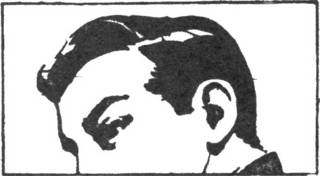Of course, there are certain rules to Khaleeji pidgin.
First, certain words must be spoken in certain languages. Greetings, such as sala'am aleykum and sabah al kheir, are always in Arabic. How are you? is usually delievered in Arabic or Hindi. Iuwa, tamam, good, acha and, most importantly, ok are all acceptable ways of saying good. The phrase number one! must always be delivered in English, and with enthusiasm. My friend is perhaps the most popular English phrase, and is to be used liberally. No problem and mafi mushkala are both universally understood, but mafi mukh (no brain) must be spoken in Arabic. Throw in the occasional bas and khalas when ordering food or to show frustration. Then finished it all off with a masala'am for strangers or a yella, bye! for friends.Another blogger describes the difficulties involved in mastering this mix:
..learning a 'standard' business English version and getting used to a few accents must be easier than learning the local Arabic mix here, which seems like the equivalent of having to master Biblical English, Shakespearian English, Indian English, Brummie, Geordie and a few others.
A fine post from bulbulistan redivivus, that collection of writings of
bulbul/Slavo (see this LH post): Hans Stumme (1864-1936) was a German
linguist whose...

2 comments:
Your blog is nice. I think you should add your blog at www.blogadda.com and let more people discover your blog. It's a great place for Indian bloggers to be in and I am sure it would do wonders for your blog.
Ekdum jakaas blog.
Post a Comment